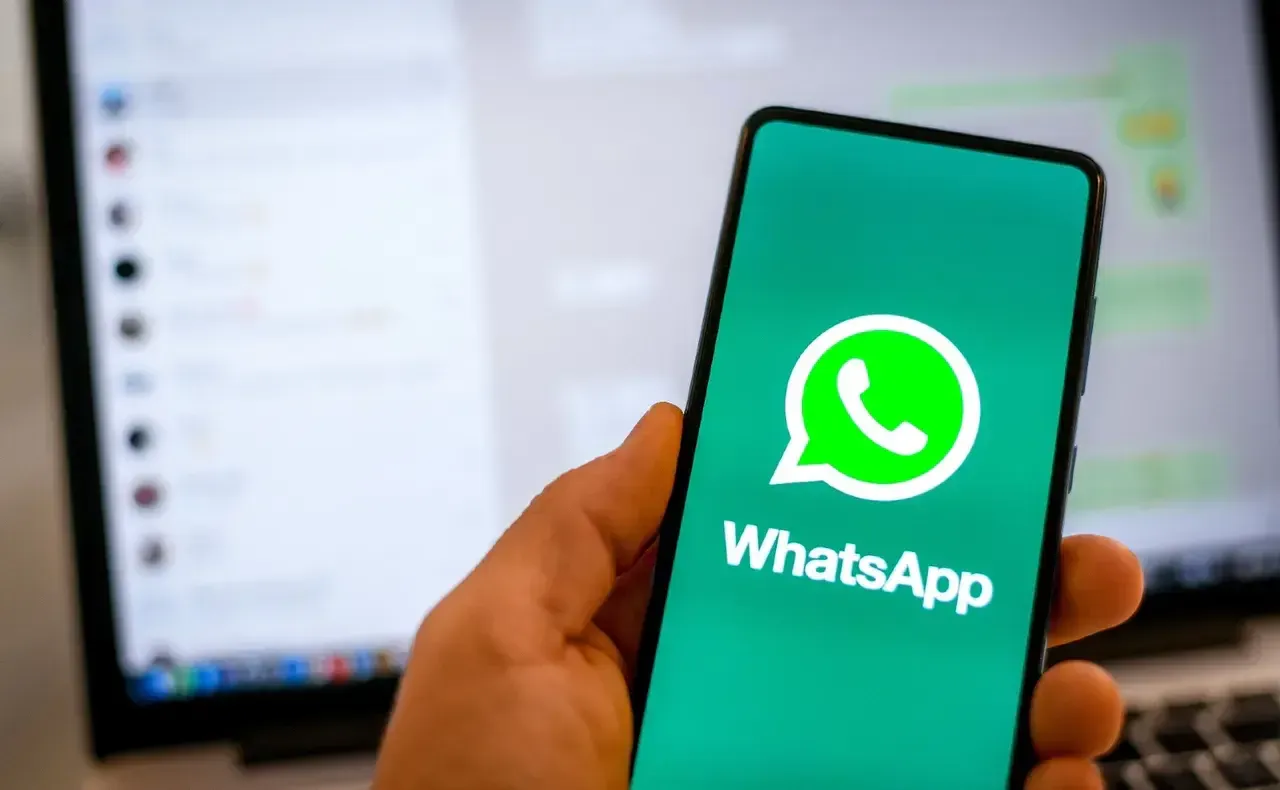
The recent changes to the General Telecommunications Law were supposed to curb the influx of spam calls. Unfortunately, for many, including myself, the situation has worsened. I now receive more spam calls than ever, to the extent that I’ve stopped answering calls from unknown numbers. However, the nagging question of whether an important call might be slipping through often lingers in my mind. I used to look up unknown numbers online, but this method proved time-consuming and not always reliable. Thankfully, I’ve discovered a simpler and more effective way to identify potential spam or scam calls: using WhatsApp.
How WhatsApp Can Help You Identify and Block Spam Calls
WhatsApp as Your Unexpected Caller ID
Knowing who’s calling without answering the phone is a modern-day aspiration for many. No one wants to waste time answering a call only to find out it’s from a scammer or a salesperson. There are plenty of caller ID apps and websites designed to help with this, but I never expected to rely on WhatsApp for this purpose.
Despite legislative efforts to reduce spam calls, they persist. On a good week, I might only receive a couple of spam calls. On a bad week, I’m bombarded with multiple calls from different numbers in a single day, forcing me to block them one by one. While Google’s spam filter catches some of these nuisance calls, it doesn’t catch them all.
In the past, I rarely answered calls from unknown numbers and would instead search the number on Google to see if it was associated with known scams. However, this approach has become less effective. Scammers now change their phone numbers so frequently that by the time someone reports them on sites like ListaSpam, the number has already been discarded.
That’s when I discovered that WhatsApp could be a powerful tool for identifying spam callers. Many scammers seem to have a preference for WhatsApp, likely because it’s easier to carry out scams through text messages rather than voice calls. Text scams use fewer resources and allow a single scammer to target multiple victims at once.

Spotting Red Flags on WhatsApp
I found it most surprising that many spam numbers have WhatsApp profiles, which you can easily check. WhatsApp now allows users to start a chat with any number simply by searching for it in the "Compose New Message" section. This feature has become an unexpected ally in my fight against spam calls.
If a phone number linked to a landline also has a WhatsApp profile, it's often a red flag. This is especially true if the profile is labeled as a business account with an unusual or generic name. Scammers frequently create business accounts that mimic personal profiles or represent fictitious companies. For example, if I get a call from "Pepito Garcia Enterprises" and I have no prior association with this entity, it’s a strong indication that the call is likely spam, a scam, or at best, something I have no interest in.
Over time, I’ve noticed that it’s increasingly common for unknown numbers that call me to have WhatsApp profiles. This trend has made it easier to decide whether to block a number to prevent future calls. The ability to quickly check a number on WhatsApp has become more the norm than the exception for me.
Dual Protection with WhatsApp and Google Phone
One of the key benefits of using WhatsApp as a caller ID is that it allows for dual protection. If I suspect a number is spam or a scam, I can block it on both WhatsApp and Google Phone. Additionally, I can report the number on WhatsApp as a precaution. Helping to protect others from falling victim to the same scam.
In conclusion, while the changes in the General Telecommunications Law haven’t made much of a difference in reducing spam calls, utilizing WhatsApp as a caller ID has significantly improved my ability to identify and block unwanted calls. This method is simple, effective, and offers an additional layer of protection against potential scams. Tired of spam calls? Want to filter out the noise? Try WhatsApp. You might be surprised at how helpful it can be.
Popular News
Latest News
Loading


